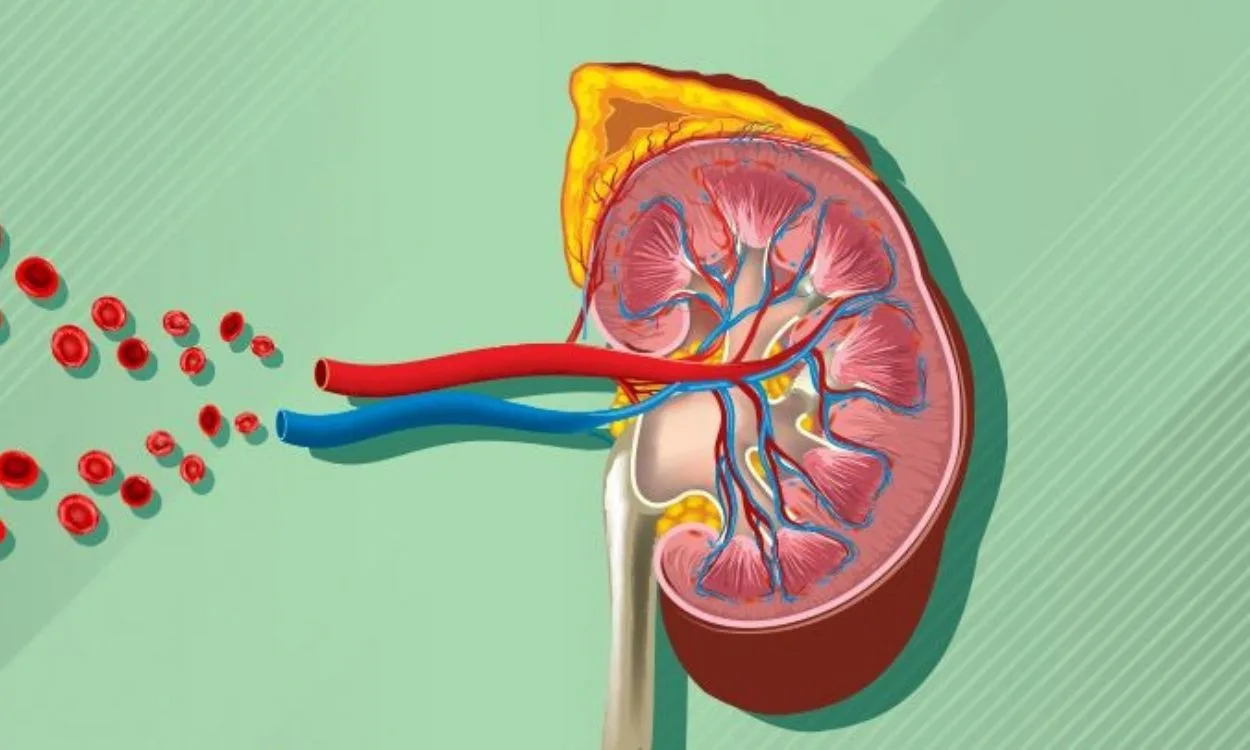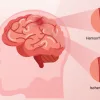How Does Hypertension Increase the Risk of Developing Kidney Disease?
Hypertension, or high blood pressure, is a common medical condition that affects millions of people worldwide. It occurs when the force of blood against the walls of the arteries is consistently too high. While hypertension can lead to various health complications, one of the most significant risks associated with it is the development of kidney disease. In this article, we will explore how hypertension increases the risk of kidney disease and the importance of managing blood pressure levels to maintain kidney health.
The Link Between Hypertension and Kidney Disease
- Damage to the blood vessels: Hypertension puts increased stress on the blood vessels throughout the body, including the tiny blood vessels in the kidneys. Over time, this constant pressure can cause the blood vessels in the kidneys to become damaged or narrowed, impacting their ability to function properly.
- Reduced blood flow: When the blood vessels in the kidneys are damaged, the kidneys receive less blood flow. This reduction in blood flow can decrease the kidneys’ ability to filter waste and excess fluid from the body, leading to the accumulation of toxins and fluid retention.
- Increased strain on the kidneys: The kidneys play a crucial role in maintaining overall fluid balance and regulating blood pressure. When hypertension is present, the kidneys must work harder to remove waste and maintain the body’s fluid levels. This increased workload can further damage the kidneys over time.
- Formation of scar tissue: Prolonged hypertension can lead to the formation of scar tissue in the kidneys, a condition known as kidney fibrosis. Scar tissue replaces healthy kidney tissue and impairs kidney function, eventually leading to kidney disease.
Understanding the Stages of Kidney Disease
It is essential to recognize the stages of kidney disease to understand how hypertension can impact kidney function:
- Stage 1: During this early stage, there may be signs of kidney damage, such as abnormal urine tests or imaging results. However, kidney function is still considered normal.
- Stage 2: In this stage, there is mild kidney damage, and kidney function may start to decline slightly.
- Stage 3: Kidney damage and decreased kidney function become more apparent in this stage. It is further divided into two sub-stages: 3A (mild to moderate decrease in kidney function) and 3B (moderate to severe decrease in kidney function).
- Stage 4: At this stage, the kidneys are significantly damaged, and kidney function is significantly reduced. Medical intervention is often required to manage symptoms and slow disease progression.
- Stage 5: Also known as end-stage renal disease (ESRD), this is the final stage of kidney disease. Kidney function is severely impaired or nonexistent, and dialysis or kidney transplantation is necessary for survival.
Importance of Blood Pressure Management
Effectively managing blood pressure is crucial in reducing the risk of developing kidney disease, especially for individuals with hypertension. Here are some key points to consider:
- Regular blood pressure monitoring: It is essential to monitor blood pressure regularly and maintain it within the recommended range. The target blood pressure for individuals with hypertension is generally set at below 130/80 mmHg.
- Lifestyle modifications: Adopting a healthy lifestyle can significantly contribute to managing blood pressure levels. This includes maintaining a balanced diet low in sodium and high in fruits, vegetables, and whole grains. Regular physical activity, weight management, and stress reduction techniques can also play a significant role in blood pressure control.
- Medication adherence: In some cases, lifestyle modifications alone may not be sufficient to manage blood pressure effectively. In such instances, healthcare professionals may prescribe antihypertensive medications to help control blood pressure. It is crucial to take these medications as prescribed and follow up regularly with healthcare providers.
Fitpaa: Your Partner in Health and Fitness
While understanding the risks associated with hypertension and kidney disease is essential, taking proactive steps to maintain overall health and well-being is equally vital. Fitpaa, an end-to-end AI-driven metabolism monitoring and management technology, can support you in your journey towards achieving optimal health and fitness goals.
With Fitpaa, you gain access to a team of experts, including fitness coaches, nutritionists, and doctors, who work together to create a personalized Fitpaa Capsule tailored to your metabolism, health goals, lifestyle, and eating habits. Fitpaa Capsule combines medical therapy, exercise therapy, nutrition therapy, and cognitive behavior therapy to optimize your metabolism and help you achieve your health and fitness goals with a 100% guarantee.
The Fitpaa mobile app provides all the necessary tools, including a virtual workout trainer, diet tracker, performance tracking, and progress tracking, to make following your Fitpaa Capsule seamless and enjoyable. Regular consultations and reviews with fitness planners, nutritionists, trainers, and doctors ensure that your progress is regularly monitored and necessary adjustments are made as needed.
Don’t let hypertension or any other health condition deter you from living a fulfilling and healthy life. Download the Fitpaa app today and discover how we can help you achieve your health and fitness goals with guaranteed results. Your well-being is our mission!
Note: Fitpaa Essentials, designed to keep you fit and healthy forever, is available for free. For a comprehensive experience with all the features and services mentioned above, you can request a trial and take the first step towards transforming your life.









